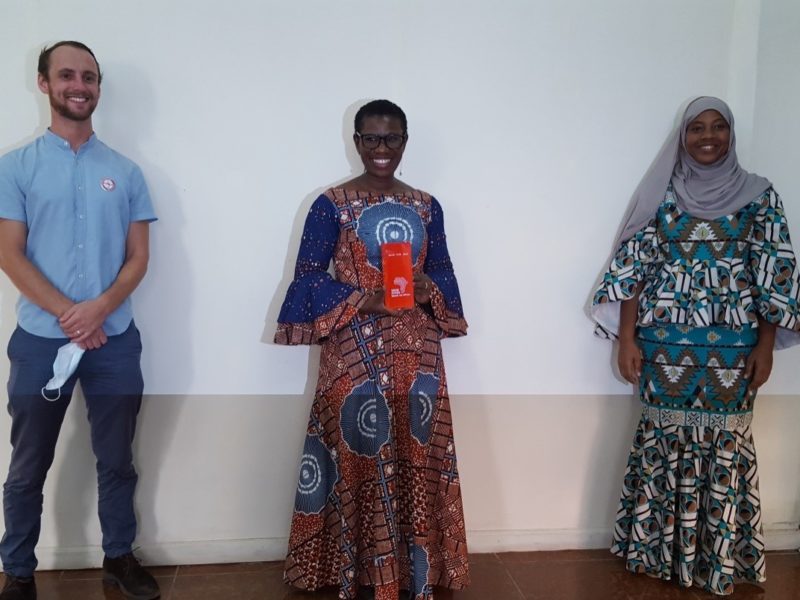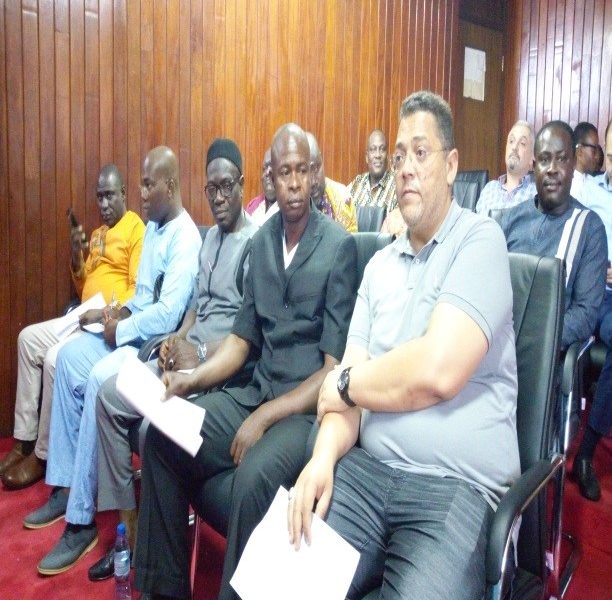Rio+20 must spur action on sustainable development – UNDP head
LONDON (AlertNet) – The most important goal of the U.N. conference on sustainable development in Rio de Janeiro this week is to unite the world behind a common vision that drives progress on all three economic, social and environmental aspects of development, a top U.N. official has said.
“Whether there are specifics or not, I think the key thing is to come away with everyone sharing a vision, everyone saying there has to be action,” Helen Clark, administrator of the U.N. Development Programme (UNDP), told AlertNet in an interview.
“(Sustainable development) is about advancing human development within the boundaries of nature, and the boundaries of nature are under very serious stress, and inequality is growing in many countries,” she said. “So we have some major challenges across the dimensions of sustainable development and we need to tackle them simultaneously.”
The success of the Rio+20 summit should not be judged on whether the more than 100 presidents and prime ministers due to attend agree to define new targets to supersede the Millennium Development Goals (MDGs), which expire in 2015, she added.
The MDGs are a set of eight goals adopted by world leaders in 2000 to fight poverty, disease and hunger.
The launch of a process to establish post-2015 “Sustainable Development Goals” (SDGs) – proposed by Colombia, Guatemala and Peru last year – has been touted as one of the few concrete outcomes that might emerge from the June 20-22 gathering.
“I think everyone accepts that the (environmental) sustainability component of the agenda has to be much more to the fore than in the MDGs, where it was in effect a sub-set of one goal, so the discussion at Rio will certainly inform that, but it won’t be the last word,” Clark said.
The original Rio Earth Summit, 20 years ago, led to the Kyoto Protocol on capping greenhouse gas emissions and a treaty on biodiversity. But with the global economy under threat from financial woes in Europe, Rio+20 is widely seen has having lower ambitions, and negotiations leading up to it have been slow and bad-tempered.
The summit focuses on seven priority areas – jobs, energy, cities, food, water, oceans and disasters. U.N. Secretary-General Ban Ki-Moon has said its results should include agreement to define “a path to an inclusive green economy that will lift people from poverty and protect the global environment” and a commitment to work out sustainable development goals “with clear and measurable targets and indicators”.
Reaching consensus on the meaning of the term “green economy” has proved contentious in the pre-summit negotiations, with some developing nations worried that environmental targets will constrain their economic growth.
But Clark said her organisation views the process of greening economies as “extremely positive”. For example, producing cleaner electricity can improve people’s health due to less pollution, she said, adding that green economies also foster innovation and create jobs in exports and services.
TRIPLE WINS
The UNDP head said the job of a U.N. conference like Rio+20 was to “mobilise opinion” and to “keep the issues very high on the agenda”.
Another important task was to work out how developing countries – “which don’t have the level of technology and the deep pockets that the West has, even at a time of financial crisis” – can put sustainable development into practice, she added.
They have been calling for clear commitments on the “means of implementation”, which includes rich nations delivering on a long-standing but largely unfulfilled promise to devote 0.7 percent of their gross national income to development aid. Developing countries also want more assistance in getting the technology and capacity they need to build greener economies.
“Everyone knows the problems, people are willing, but they are saying ‘how am I going to do this’?” Clark said.
Poorer states are finding it tough to pursue a model that delivers economic growth, social development and environmental sustainability at the same time – what the UNDP calls a “triple win” approach. But Clark said some individual governments have made impressive efforts, citing Ethiopia’s climate-resilient green economy strategy, launched at last year’s U.N. climate conference in Durban.
She also praised India’s rural employment guarantee scheme, because it helps both men and women stay out of poverty by creating jobs for around 55 million households each year, while many of the projects they work on conserve natural resources and enhance environmental services.
“We shouldn’t be saying (sustainable development) is either this or that – it has to be ‘and’, ‘and’, ‘and’,” she said.
Extending the mandate of the U.N.’s Economic and Social Council (ECOSOC) to include environmental issues would be an ideal way to put in place an inter-governmental forum on sustainable development to shape opinion and policy at the global level, Clark added.
(Editing by Rebekah Curtis)
Stay with Sierra Express Media, for your trusted place in news!
© 2012, https:. All rights reserved.





